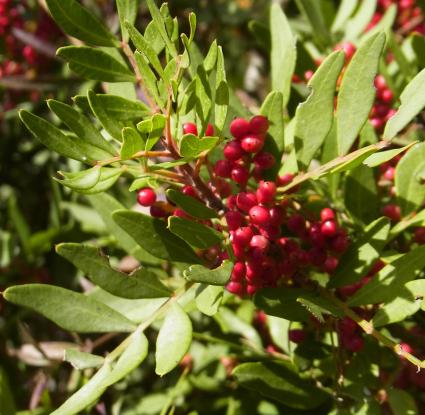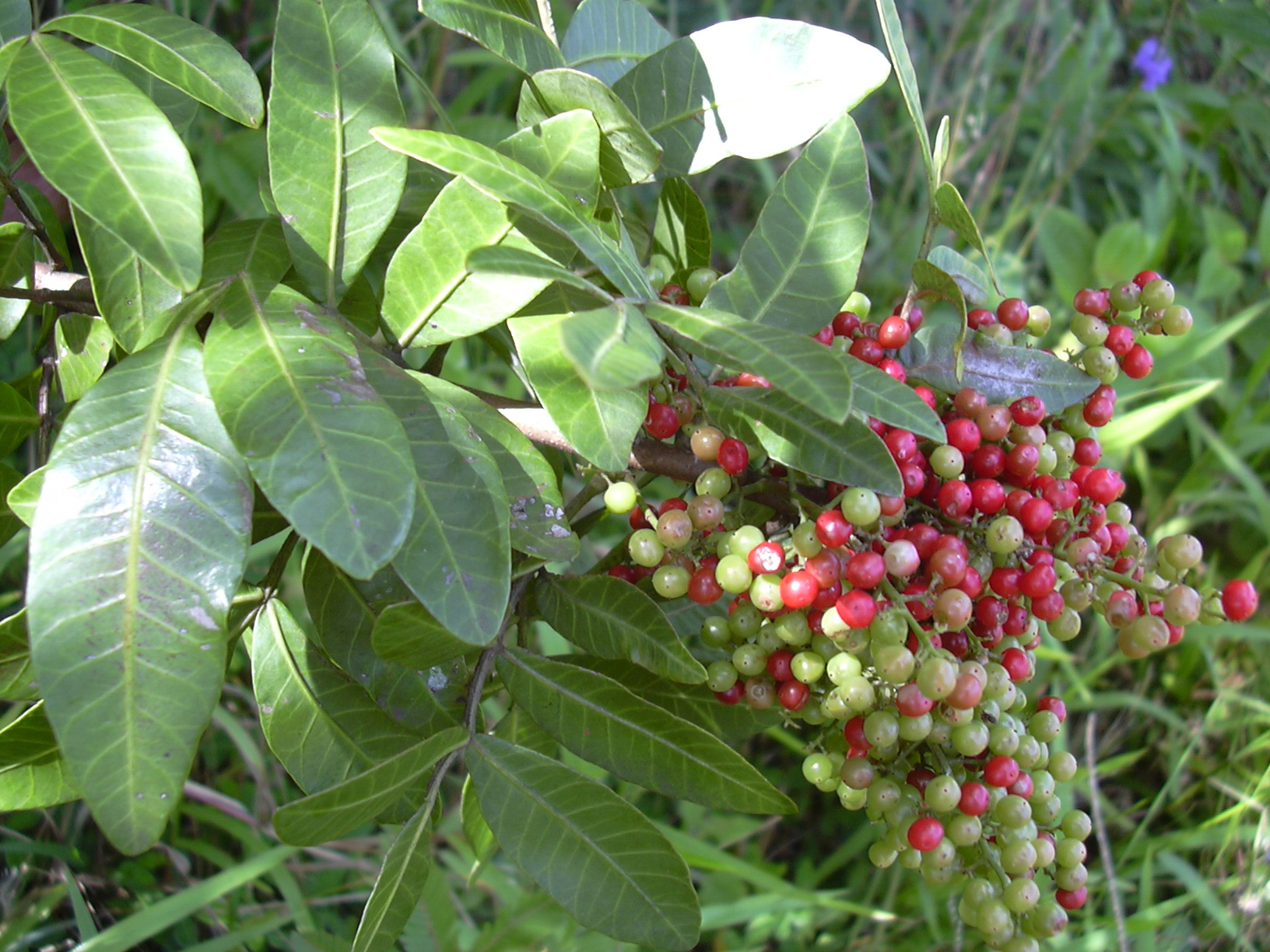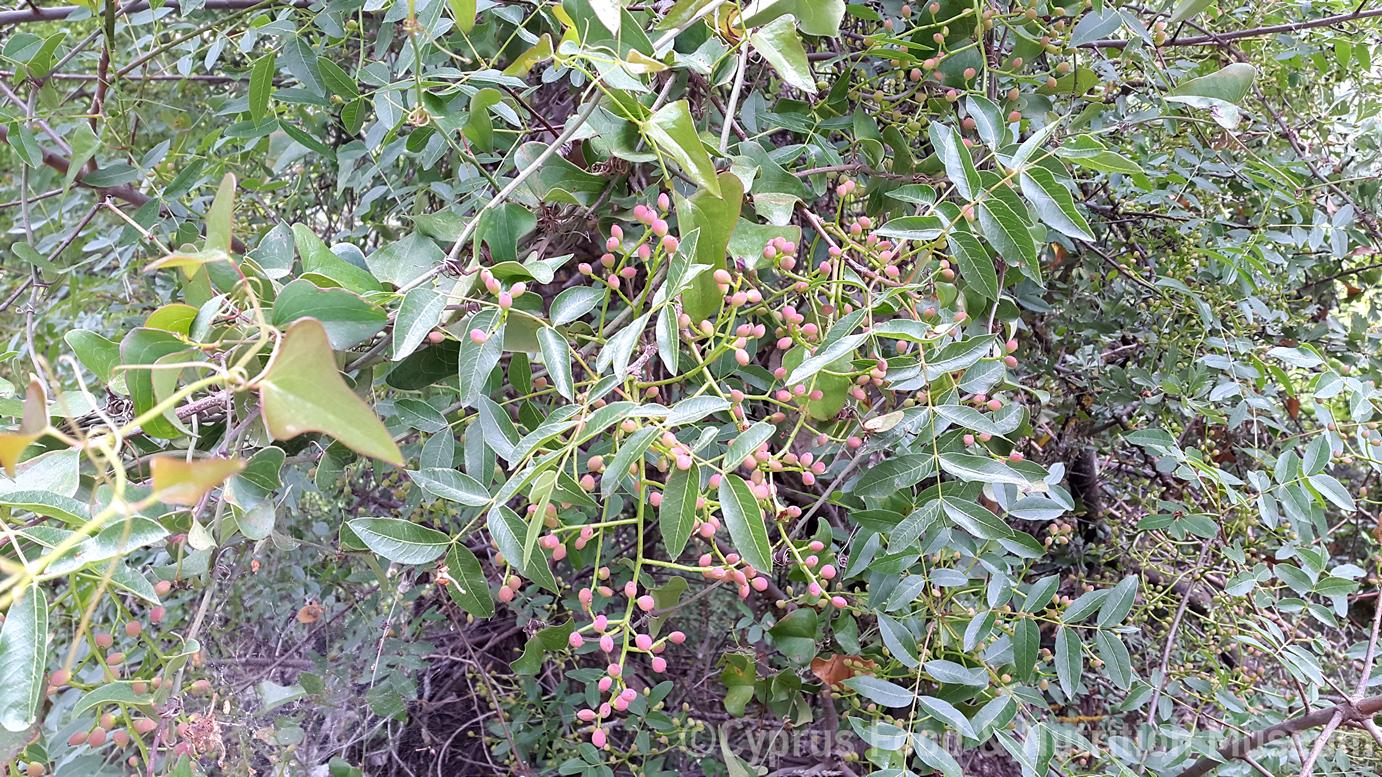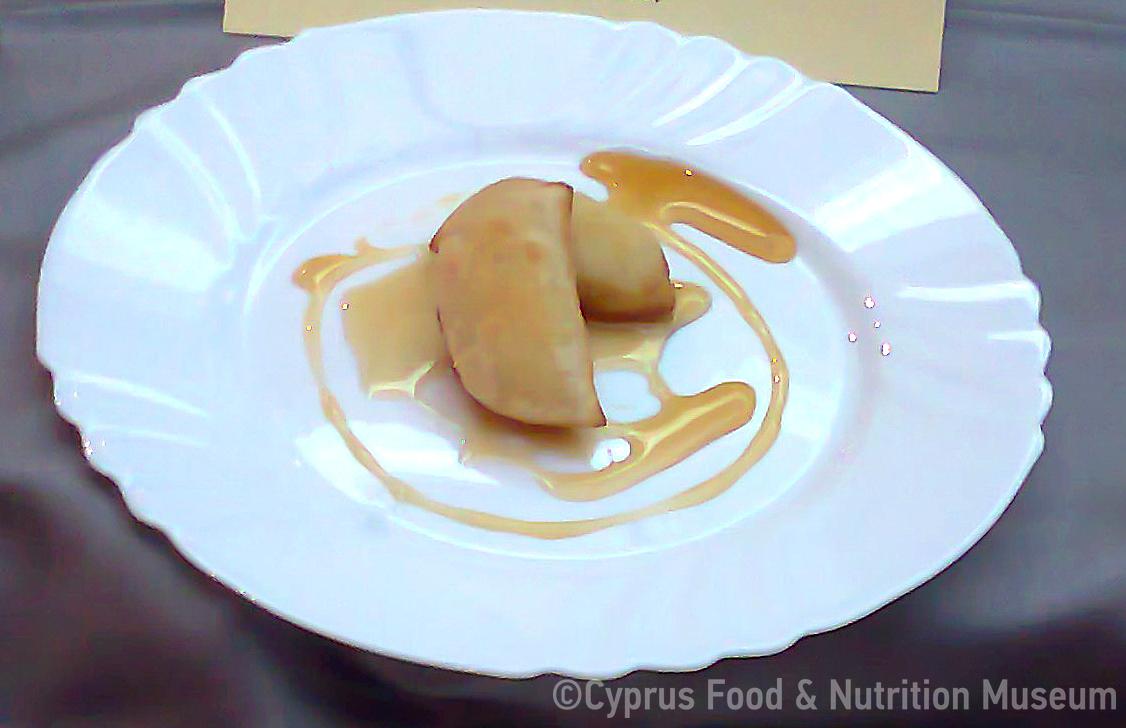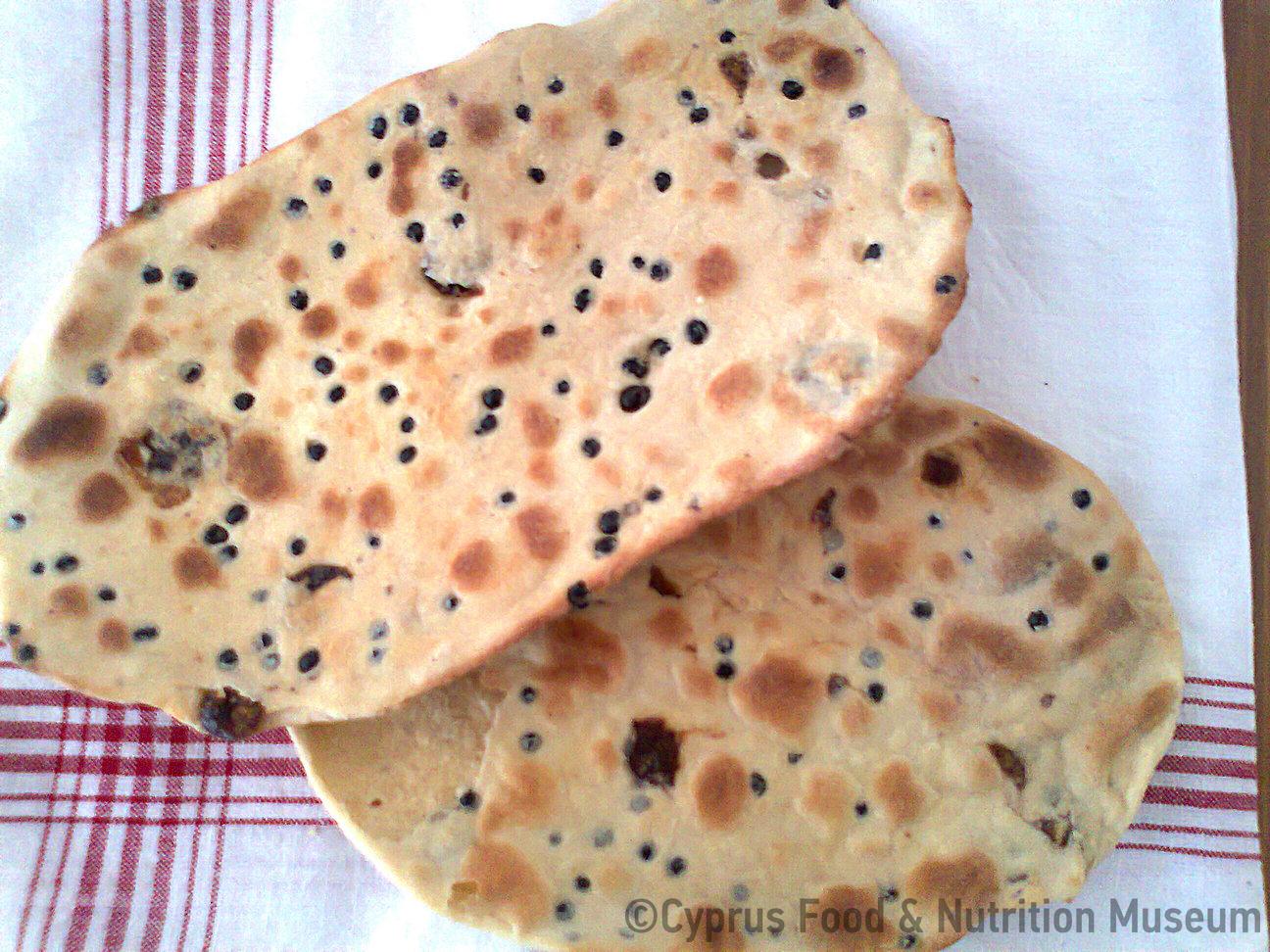In Cyprus they make s̆innopsomo (another name is s̆innopitta) which are similar to tremithopitta, while in Kasos island in Greece, they make spicy shinopites.
Name - Origin
Σχινόψωμο.
A type of bread, either soft or crispy, with aromatic seeds from the s̆innos plant (Pistacia lentiscus), also called s̆innopitta.
s. s̆innopitta. pl. s̆innopittes
Find the recipe for S̆innopsomo and S̆innopittes in the Traditional Recipes section.
Functional and symbolic role
The preparation of s̆innopsomo is seasonal. It is prepared when the s̆innos seeds are ripe. The common s̆innos (pistacia lentiscus) is intertwined with the wild flora of Cyprus and grows almost everywhere on the island. In the old days, s̆innopittes or s̆innopsomo would be baked for longer, i.e until they got a rusk-like texture, so as to be preserved for a long time. They were consumed throughout the year, especially during the fasting periods.
Additional information and bibliography
In Kasos island in Greece, they prepare spicy shinópites and in Cyprus they make šinnopsomo or šinnopittes which are similar to tremithopittes; they are crunchy like rusks. The seeds of the s̆innos plant are harvested from October to November and preserved for a year in the refrigerator. The seeds are also used to add flavour to Cyprus sausages or in recipes with rabbit or wild birds; s̆innos branches are traditionally used for smoking Cyprus sausages.
Kythraiotou F. (2009), Τροφή: αφορμή σχέσης, University of Nicosia Publications, Nicosia.
Florentia Kythraiotou

